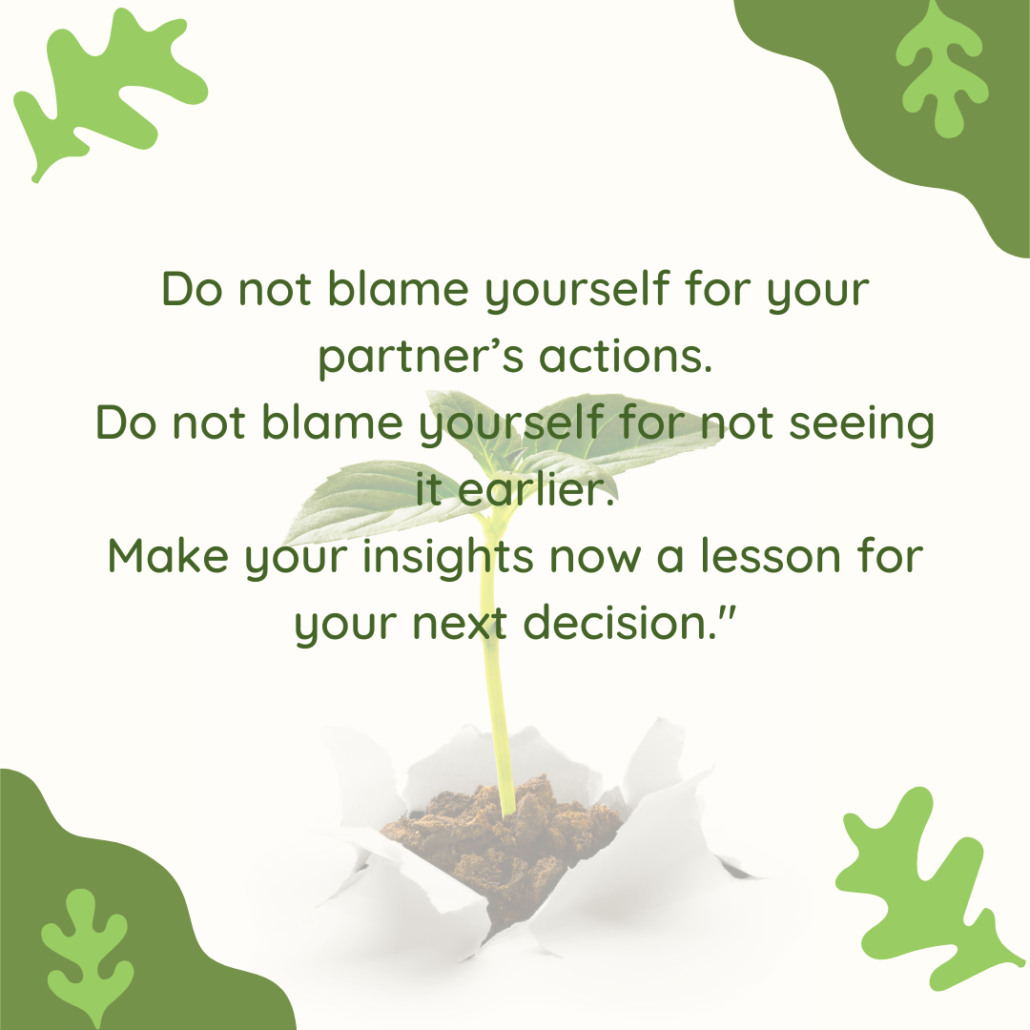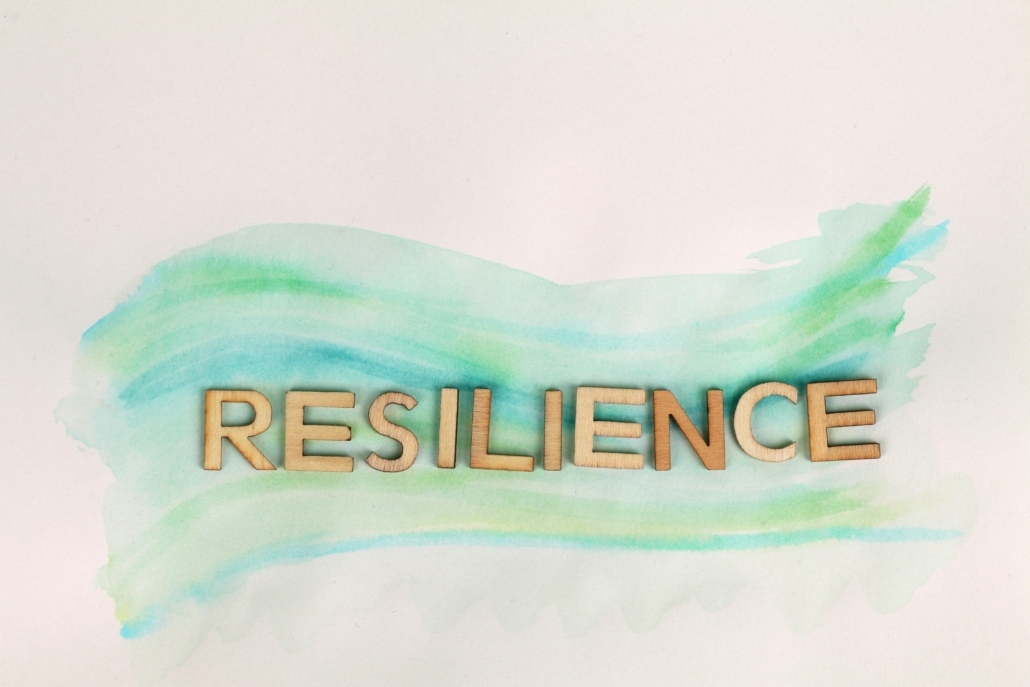SAYING YOU ALLOWED ABUSE IS FALSE

Saying you allowed abuse is the same thing as saying you gave your permission. This does not help you heal. Emotional abuse healing begins with improving the accuracy of the story you tell yourself about what your partner did.
When you say you allowed abuse, you are blaming yourself for something over which you had no control. You probably learned to accept this from your partner’s blame and hearing similar media assumptions. Often society makes victims responsible for their abuse, rather than the one who abuses.
“The stories you tell are often not really about you. They’re about the interaction of you in the place you’re in.” Ezra Klein, The Ezra Klein Show in “What Relationships Would You Want If You Believed They Were Possible” podcast
Klein’s quote was given in another context, but I believe it informs what happens with abuse. The stories you tell yourself about who you are and what happened to you are important. Let’s look at four factors that interact with those stories. Affirmations follow each to help you shift your story.
What My Partner Said to Me
Most partners who choose abuse blame it on you or circumstances, not themselves. The Coercive Control Checklist identifies myriad ways they deny, minimize, shift blame, and twist reality. Some of them are:
- Denying what they did and claiming you’re too sensitive or that you’re making it up
- Shifting responsibility for their behavior to you (e.g. wouldn’t be unfaithful, drink, or abuse you if you didn’t (fill in the blank)
- Blaming you for something you have no control over
- Claiming that abusive behavior only occurs toward you, so you must be the problem
Believing what they say leads to what I call “responsibility confusion.” Coercive partners encourage you to think you cause their harmful words or actions. They twist facts and confuse you to maintain their dominance and power.
All coercive control undermines self-esteem and increases self-doubt. Seeds of self-doubt become fertile ground for believing “I allow my partner to abuse me.” It’s unreasonable to blame yourself for what you couldn’t know then but have learned from experience.
Emotional Abuse Recovery Affirmation 1
I accept responsibility for my mistakes but not for what is beyond my control.
You Believe You Always Have Control Over Your Life
We humans want to believe we have total control over what happens to us. That is often true even when we are the victims of a natural disaster, like a tornado or earthquake. Unreasonable but very human. Believing you allowed your partner to abuse you may come from a similar need. The reality that we do not always have control over what happens dawns on all of us at some point, whether it’s being harmed by someone, a serious health condition, or a natural disaster. It’s never comfortable.
If you see changes you want to make about how you respond to abuse, great. Such change is called post-traumatic growth. But that does not mean “You allowed abuse to happen.” To allow means “to give approval or permission for”[i] something.
You did not approve of it. Because you love this person, you’re invested in your partner’s welfare and want the relationship to continue. However, abusive partners have to maintain dominance at all costs, even to your welfare. How you responded to this was influenced by circumstances, some of which could be:
- Abuse becomes worse when you assert yourself
- Limited financial resources block leaving
- Physical or mental coercion overwhelms your ability to resist
- Family or friends blame you when you tell them
- Isolation makes you feel trapped
Coping with circumstances such as these shaped your story. Saying you allowed abuse ignores how difficult it is to face that someone you love would hurt you.
Emotional Abuse Recovery Affirmation 2
I focus on what I can control and let go of unreasonable responsibility.
Social Norms
Even though many relationships have shifted toward equality, two social norms continue to shape the stories of women and men.
First, gendered role expectations for females and males still contribute to females doing a larger share of family maintenance activities and care-giving. These norms result in two different outcomes with abusive relationships:
- You unconsciously assume that any problems or failure of the relationship is your responsibility.
- You want a fairer division of responsibilities and equal rights and your partner resists.
Whether you personally accept or reject rigid roles, abusive partners’ acceptance means they resist allowing you to be an equal partner.
Second, there are double standards for female and male behavior in our society. Have you ever noticed a woman’s assertiveness being viewed as aggressive, bossy, or unfeminine, while the same behavior in a man is seen as manly, strong, or normal? You also may have experienced this at work, in social groups, and in politics.
These cultural norms provide a basis for abusive males to reject and punish assertiveness in women. Standing up for yourself becomes dangerous instead of a strength. In addition, other people may view your assertiveness negatively.
If you experienced abuse or alcohol/drug issues growing up, you may have learned to accept unreasonable blame at an early age. This can lead to a lifetime of accepting responsibility when things go wrong that you are powerless to change.
Emotional Abuse Recovery Affirmation 3
I observe others’ perceptions of me and discern whether they are reasonable.
Since You’re Strong, You Cannot Be a Victim

Yes, you are strong. However, reject the cultural myth that if you’re strong, your partner won’t abuse you. The fact your partner used coercion does not reflect your emotional weakness, but theirs. They believe they are entitled to dominate you and view you having equal power as threatening.
Just as cancer victims are not the disease, you are not what your partner did to you. Give yourself credit for ways you showed resilience. You will find more information on resilience in Recognizing and Building Resilience, and the blog, Facing Loss with Resilience.
Emotional Abuse Recovery Affirmation 4
I am not what happened to me. I show my strength and resilience by focusing on recovery.
You Do Not Allow Abuse
Remind yourself of these affirmations. Be kind and compassionate with yourself. Change your story from “I allowed my partner to abuse me” to “I am empowering myself to stand up to abuse.”
[i] Merriam Webster Dictionary

